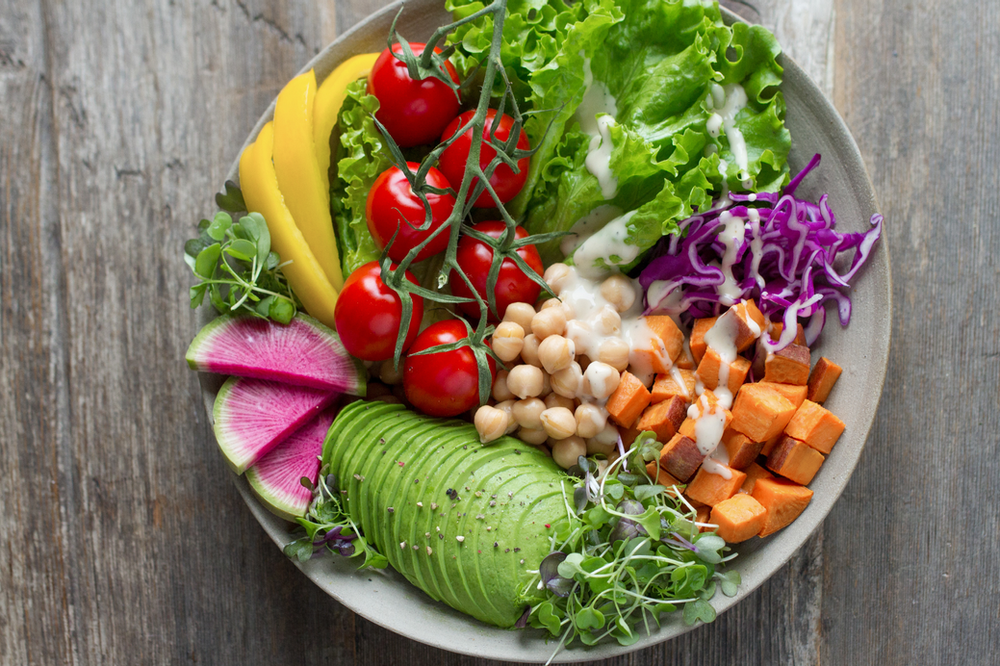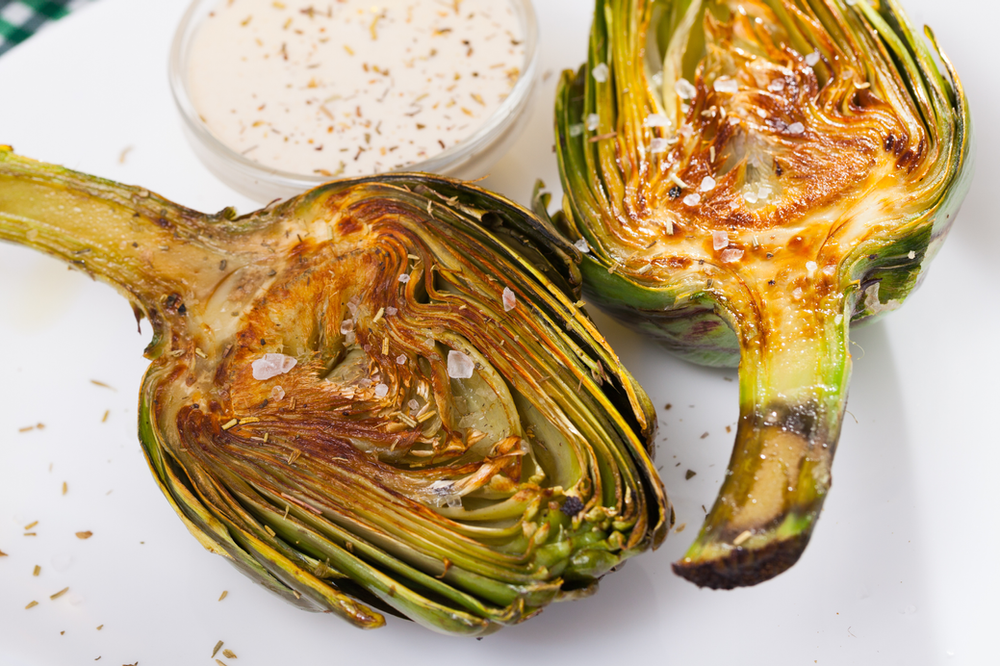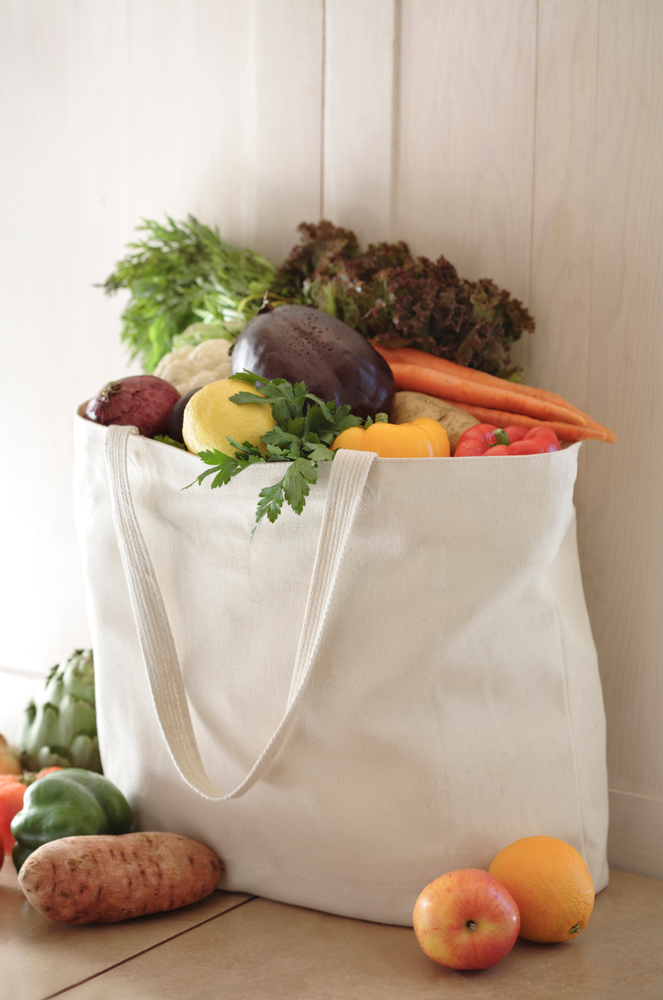When it comes to maintaining gut health and digestion your first thought may be to reach for a probiotic supplement or to increase your fiber intake. However, what is often overlooked is the role of not only probiotics but prebiotics and all their beneficial properties. The environmental space of the gut is called the microbiome and to keep your gut happy and healthy and free of unwanted pathogens it requires the right balance of probiotics as well as prebiotics. Probiotics are live microorganisms that have a positive effect on gut health and aid in treating gastrointestinal disorders, improving symptoms of IBS, and allergic disorders, function as an anti-inflammatory agent, and have a positive impact on the body’s immune system. With all the benefits of probiotics you may be wondering just how do they thrive in our microbiomes and work to keep us healthy? That is where prebiotics come into play.
What are prebiotics and what do they do?
In general, prebiotics are indigestible fibers. When we eat them, they can alter the population of our gut microbiome by serving as food for organisms that live there, encouraging the good bacteria to thrive and starving off or crowding out the bad.
The advantage of maintaining a healthy gut microbiome via prebiotics, rather than relying on probiotic supplements, is that the balance of is maintained naturally over time. Probiotic supplements can be helpful when addressing a specific and/or acute issue. By using the prebiotics in food to address gut health, we enhance our bodies’ ability to find their own healthy balance!
Maintaining a healthy population of probiotics, or good bacteria, in the gut has a range of benefits, including:
– Reduced risk of certain cancers and tumors
– Immune system support
– Protection against infections
– Prevention of IBD and obesity
– Help in lowering cholesterol

Sources of Prebiotics:
Adding more prebiotics to your diet is simple because they come in the form of everyday foods! While some people may benefit from a prebiotic medicinal supplement, getting all the benefits of prebiotics is simple when consuming everyday whole foods. There are many options to choose from when considering adding prebiotics to your diet. Prebiotics can be found in vegetables, fruits, legumes, and whole grains. Some excellent sources are listed below.
-Artichokes: High in fiber & low on the Glycemic index helping to keep blood sugar levels low.
8.5 g of fiber per cup
-Garlic: A great prebiotic and cooking staple.
2.1 g of fiber per 100 g
Chickpeas: High and fiber and rich in protein, iron, and B vitamins.
12.2 g of fiber per 100 g
Lentils: Rich source of fiber and great for those looking to increase their prebiotic intake.
10.8 g of fiber per 100 g
Bananas: Not only rich in potassium but also a great prebiotic source.
2.6 g of fiber per 100 g
Pomegranate: Rich antioxidant source and source of prebiotics
4 g of fiber per 100 g
Oats: High in fiber and a great prebiotic choice.
15.4 g of fiber per 100 g

Take Away: Consuming prebiotics along with probiotics is necessary for maintaining a healthy gut. Prebiotics are commonly found in everyday whole foods, so incorporating them into daily meals does not have to be hard! While you may be taking a probiotic supplement now or consuming some probiotic foods, it’s important to remember that prebiotics are just as important and a healthier gut means a happier you.
Sources:
Markowiak, P., & Śliżewska, K. (2017). Effects of Probiotics, Prebiotics, and Synbiotics on Human Health. Nutrients, 9(9), 1021. https://doi.org/10.3390/nu9091021
Pandey, K. R., Naik, S. R., & Vakil, B. V. (2015). Probiotics, prebiotics and synbiotics- a review. Journal of food science and technology, 52(12), 7577–7587. https://doi.org/10.1007/s13197-015-1921-1
